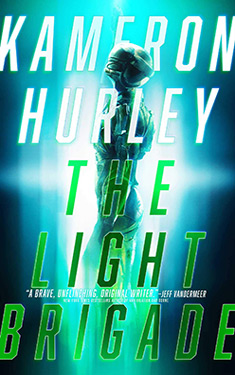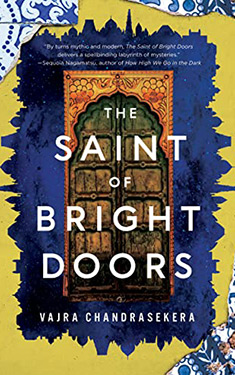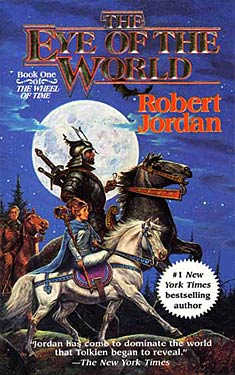JS Fields
Completed 5/25/2024, Reviewed 5/25/2024
3 stars
This is another Orycon Sci Fi convention find. I’ve met Fields and listened to them on panels at the convention. I really like their perspective and ideas. That goes the same for their books. This one is an interesting mix of science fiction and fantasy with dandelions being an integral part of both. The characters are on a colony planet of Earth and the only species of plants to survive genetically unmodified on both is the dandelion. It grows anywhere, even on other planets. I enjoyed this book until the end, where I got somewhat confused about the magic with the dandelions. But overall, a fun, inventive novella.
Orin is a non-binary person who sells dandelions wherever he can for the latex they produce (a real thing!). Xer best friend is Blathnaid, a young man xie grew up with who helps xer in the dandelion business. Blathnaid practices magic on the sly as it is frowned upon in their part of the planet.
Xie has an interesting problem. Xie is linked to Mette, a young woman, possibly a princess, through dreams. During a dream, they have 30 seconds to communicate before the connection dissipates. Afterward, they both get sick. After twenty years of these nightly connections, Mette reveals she may have the answer to unlinking them. It requires Orin to travel halfway across the planet. Unsure if this is real or not, Orin balks until Mette travels to xer first, convincing xer and Blathnaid to accompany her back to her home, the center of the government, a land where magic is not feared. Together, the three of them work together to make this plan to unlink the two. As they travel, they discover that dandelions have their own magic and may be integral in this plan to free them.
The best thing about this book is the characters. I really liked Orin, Blathnaid, and Mette. In this short 90 page novella, I felt like I had spent a full novel with them. The world building is smart and interesting. I wouldn’t mind seeing a series of novellas featuring these characters, alone or together on this colony planet. In particular, I think Blathnaid (whose name means “flower”) would make a good main character of several more stories, as he is fun and snarky. He studies magic and it would help flesh out the magic system employed here. I also enjoyed this world where non-binary people are integrated into society. They even have a way of greeting them to signify their gender: men are kissed on one cheek, women on the other, and non-binaries on the forehead.
I give this book three stars out of five. Sometimes the prose is a little iffy. At times I found I wasn’t following the descriptions too well. And what happens at the climax was a little confusing. I like that it ended on a middle note between happy and sad. I don’t want to give away the ending, but it was realistic. I have to say I liked Fields’ most recent novel, Queen, a little more. However, I’ll probably continue reading Fields’ books as long as they keep cranking them out. They’re fun and definitely interesting.





